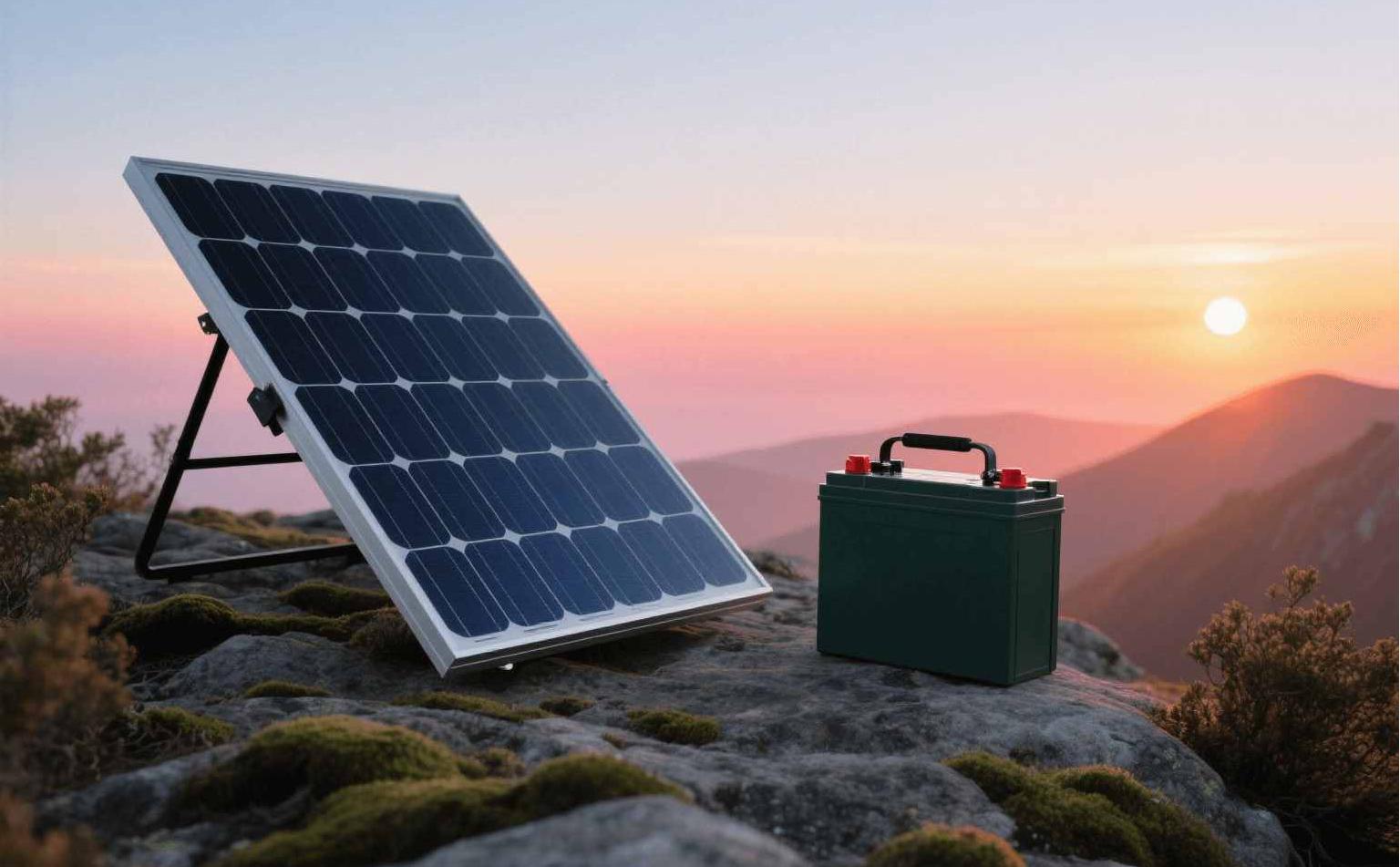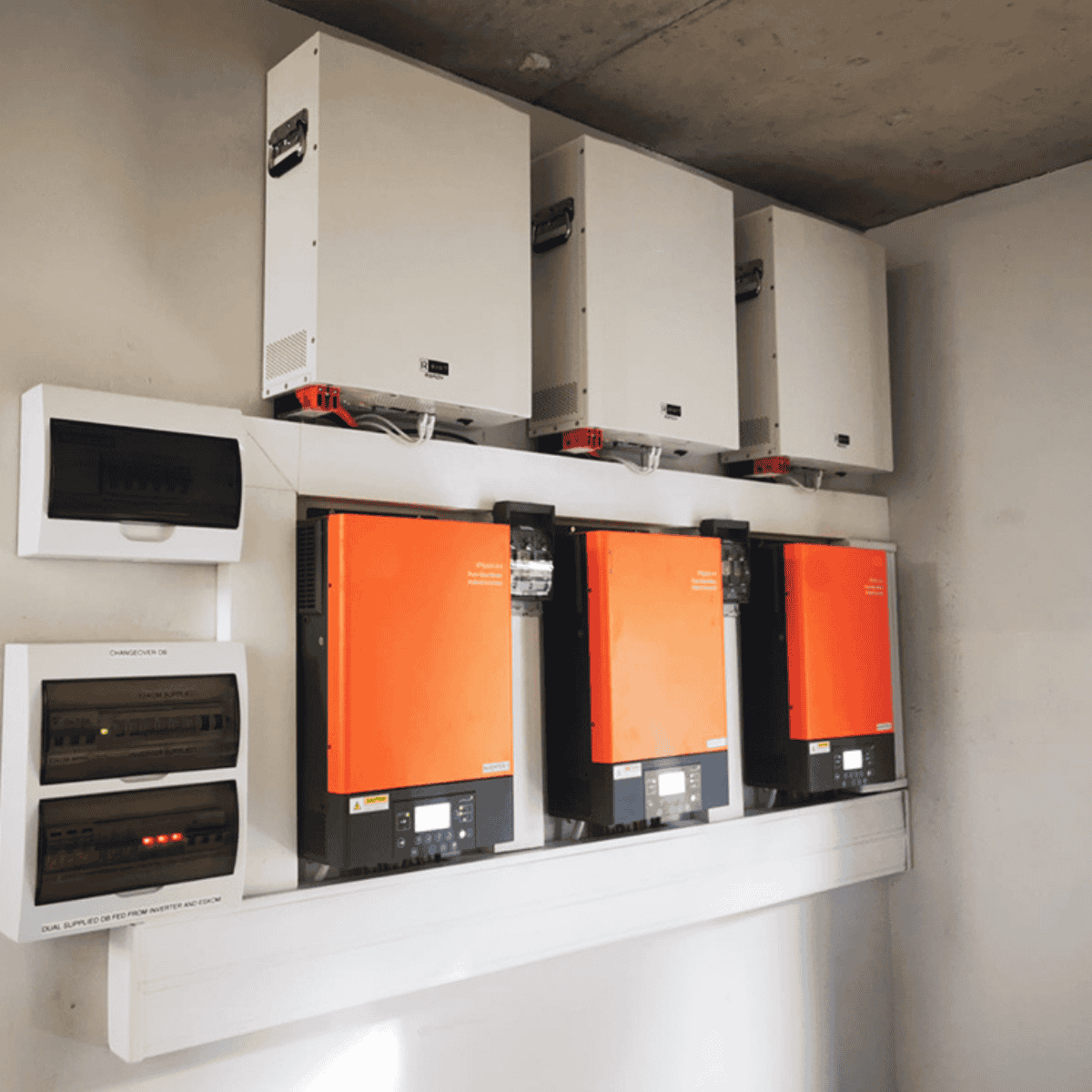Choosing a 12V battery can feel like maneuvering through a maze, with various pathways leading to different options. Each types of 12v batteries has its strengths and weaknesses, influencing performance and maintenance needs. What considerations should you keep in mind to guarantee you select the right battery for your specific requirements? Let’s explore the key factors that will guide your decision.
A 12V battery is an essential component that utilizes multiple cells to create a chemical reaction, enabling the flow of electrons in a circuit.
It’s important for applications like RVs, boats, and various commercial equipment. When you ask, "What is a 12V battery?" the answer lies in its ability to store energy for repeated use, providing reliable DC power.
You can connect these types of 12v batteries in series for higher voltage or in parallel for increased capacity.
Understanding types of 12v batteries, including lead-acid and lithium options, helps you choose the right battery for your needs. Each type has distinct characteristics, affecting performance, maintenance, and lifespan, which are significant considerations in your selection process.

The 12V lithium battery stands out as a revolutionary power source, offering unparalleled advantages for a variety of applications. Unlike other types of 12V batteries, it boasts a longer lifespan, minimal maintenance, and higher energy density. This makes it an ideal choice for those seeking reliability and efficiency.
| Feature | 12V Lithium Battery |
| Lifespan | 10+ years |
| Maintenance | Minimal |
| Energy Density | High |
| Weight | Lightweight |
| Cost-Effectiveness | Long-term savings |
Understanding what a 12 volt battery can do for your projects will help you make informed choices. With its impressive performance, the 12V lithium battery is a formidable option for powering your essential devices.
When you need dependable power for various applications, all types of 12V batteries excel in providing energy for a wide range of equipment. You’ll find them powering RVs, boats, campers, and electric vehicles like golf carts and zero-turn lawnmowers.
Additionally, they’re crucial for commercial equipment such as lift gates and floor scrubbers. Understanding what does a 12 volt battery look like can help you identify the right choice for your needs; typically, it resembles a compact rectangular box with terminals for connections.
These types of 12v batteries store energy for repeated use, allowing for partial discharge and recharging. Their versatility makes them suitable for everything from recreational use to critical operational tasks, ensuring you have the power necessary for your activities.
When choosing a 12-volt battery, you’ll encounter several types, each with unique features and applications.
Flooded lead-acid, gel, AGM, and lithium-ion batteries offer varying benefits regarding maintenance, lifespan, and performance.
Understanding these differences will help you select the most suitable option for your specific power needs.
Flooded lead-acid batteries offer a mix of advantages and disadvantages that you should consider.
Their low initial cost and high current output make them appealing, but they require regular maintenance and have a relatively short lifespan.
Understanding these pros and cons will help you determine if they fit your specific power needs.
Although they're the most common types of 12V batteries, flooded lead-acid batteries come with a distinct set of pros and cons to weigh.
Here are three key points to reflect on:
Assess these factors before committing to this battery type for your needs.
When considering gel batteries, you need to weigh their advantages and disadvantages carefully.
They offer spill-proof design and flexible installation, but they're also sensitive to overcharging and excessive discharge.
Understanding these pros and cons will help you determine if gel batteries align with your specific power needs.
Gel batteries offer a unique blend of advantages and disadvantages that can significantly impact your power needs. Consider the following:
Assess these factors to determine if a gel battery aligns with your specific requirements.
AGM batteries are known for their sealed design, which provides several advantages, such as spill resistance and low maintenance requirements.
However, they do come with some trade-offs, like a higher initial cost and sensitivity to overcharging.
Understanding these pros and cons will help you decide if an AGM battery fits your specific needs.
Although AGM batteries are often praised for their versatility and reliability, they come with both advantages and disadvantages that you should consider before making a purchase.
When considering lithium-ion batteries, it's important to weigh their pros and cons.
On one hand, they offer longer lifespans and require minimal maintenance, making them ideal for various applications.
On the other hand, their higher initial cost and compatibility requirements can be drawbacks, so evaluating your specific needs is vital.
Lithium-ion batteries stand out as a modern solution for the types of 12v batteries power needs, offering several advantages and disadvantages that potential users should consider.
While lead-acid batteries remain a popular choice for various applications, they come with several challenges that users must navigate.
First, maintenance is essential; flooded lead-acid batteries require regular checks on electrolyte levels and water top-offs, while AGM and gel types are sensitive to overcharging.
You’ll also face limited lifespan; most lead-acid batteries last just 2-5 years, necessitating replacements.
Additionally, energy density is lower compared to lithium options, translating to more weight for similar performance.
Temperature extremes can greatly impact efficiency, and frequent deep discharges may reduce longevity.
Finally, improper charging can lead to sulfation, which diminishes capacity.
Understanding these challenges allows you to manage and optimize battery performance effectively.
Choosing the right types of 12v batteries involves considering several critical factors to guarantee it meets your specific needs.
Start by evaluating the following:
Begin by assessing the essential criteria for your specific battery needs.
Finding the best 12-volt deep cycle battery involves understanding your specific power needs and evaluating the various types of 12v batteries available.
Start by examining your capacity requirements, indicated by amp-hour (Ah) ratings. Higher Ah ratings provide longer usage times, essential for your applications.
Consider environmental factors, such as temperature and vibration, which may affect performance.
Next, compare battery types—flooded lead-acid, AGM, gel, and lithium—each offering distinct advantages in lifespan, maintenance, and cost.
Analyze your budget versus long-term savings; lithium batteries may have higher upfront costs but lower maintenance and longer service life.
Finally, review manufacturer warranties and customer support to guarantee reliability.
This strategic approach empowers you to select the right types of 12v batteries for your unique needs.

When selecting right types of 12v batteries, understanding your intended application is essential, as it directly influences the type and specifications you need.
Consider the following factors:
While considering your maintenance preferences, it is crucial to recognize that different battery types require varying levels of upkeep. Below is a comparison of maintenance needs among popular types of 12v batteries:
| Battery Type | Maintenance Level | Lifespan | ||
| Flooded Lead-Acid | High (water checks) | 2-5 years | ||
| Gel Battery | Moderate (monitoring) | 2-5 years | ||
| AGM Battery | Low (full charge needed) | 4-7 years | ||
| Lithium Battery | Very Low (no upkeep) | 10+ years |
Your choice depends on how much time and effort you’re willing to invest. If you prefer minimal maintenance, lithium or AGM batteries are ideal. If you're comfortable with regular checks, flooded lead-acid might suit your needs.
To guarantee your different types of 12v batteries lasts as long as possible, follow key practices that enhance longevity and performance.
Implementing these tips can greatly improve your battery's lifespan and reliability:
Regular Charging: Make sure you charge your battery fully after each use, avoiding deep discharges that can damage its cells.
Temperature Management: Store and operate your battery within ideal temperature ranges. Extreme heat or cold can reduce performance and lifespan.
Periodic Maintenance: For lead-acid batteries, regularly check electrolyte levels and top off with distilled water as needed. Clean terminals to prevent corrosion.
How Can I Safely Dispose of Old 12V Batteries?
So, you’ve got old 12V batteries lying around? Don’t toss them in the trash like yesterday's leftovers! Instead, take them to a recycling center or a hazardous waste facility for safe disposal.
Can I Mix Different Battery Types in a System?
You shouldn’t mix different battery types in a system. Each type has distinct charging and discharging characteristics. Combining them can lead to imbalances, reduced performance, and potential damage, compromising overall system efficiency and lifespan.
What Are the Signs My 12V Battery Needs Replacement?
You’ll notice signs like decreased performance, longer charging times, swelling, or corrosion on terminals. If the battery struggles to hold a charge or frequently needs jump-starting, it’s time for a replacement.
How Do Temperature Extremes Affect Battery Performance?
Temperature extremes can drastically impact battery performance. While you might think all batteries handle heat and cold equally, they actually suffer reduced efficiency and lifespan under harsh conditions, emphasizing the need for careful selection and maintenance.
Are There Specific Chargers for Each Battery Type?
Yes, each battery type requires specific chargers tailored to their chemistry and voltage needs. Using the wrong charger can lead to damage or reduced performance, so always check compatibility before charging your 12V battery.
When choosing the right 12V battery, remember that "you get what you pay for." Consider your application needs, maintenance preferences, and budget carefully. Whether you opt for a flooded lead-acid, gel, AGM, or lithium-ion battery, each has its strengths and weaknesses. By understanding these factors, you can select a battery that not only meets your requirements but also lasts longer and performs better, ultimately saving you time and money in the long run.
Help customers learn more about lithium batteries and solve problems is our duty.We strive to deliver real value for our customers through distinctive design, superb quality and excellent customer service.



